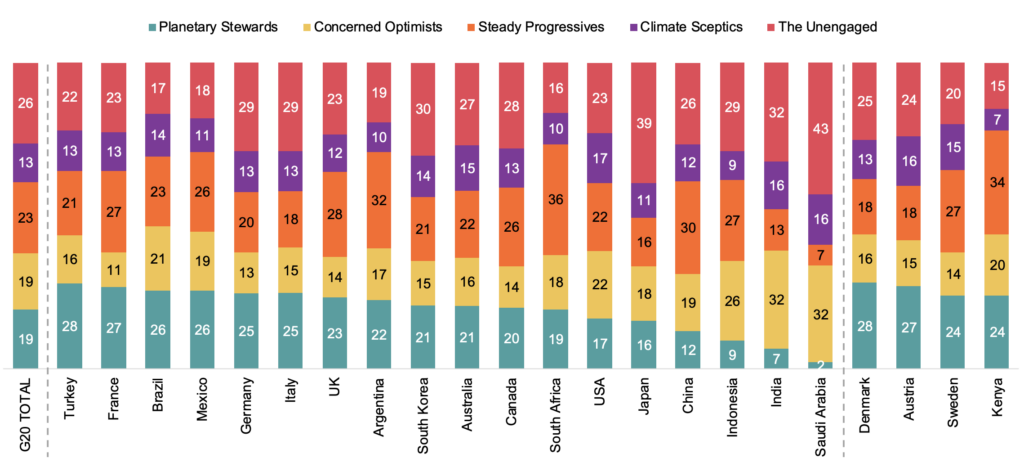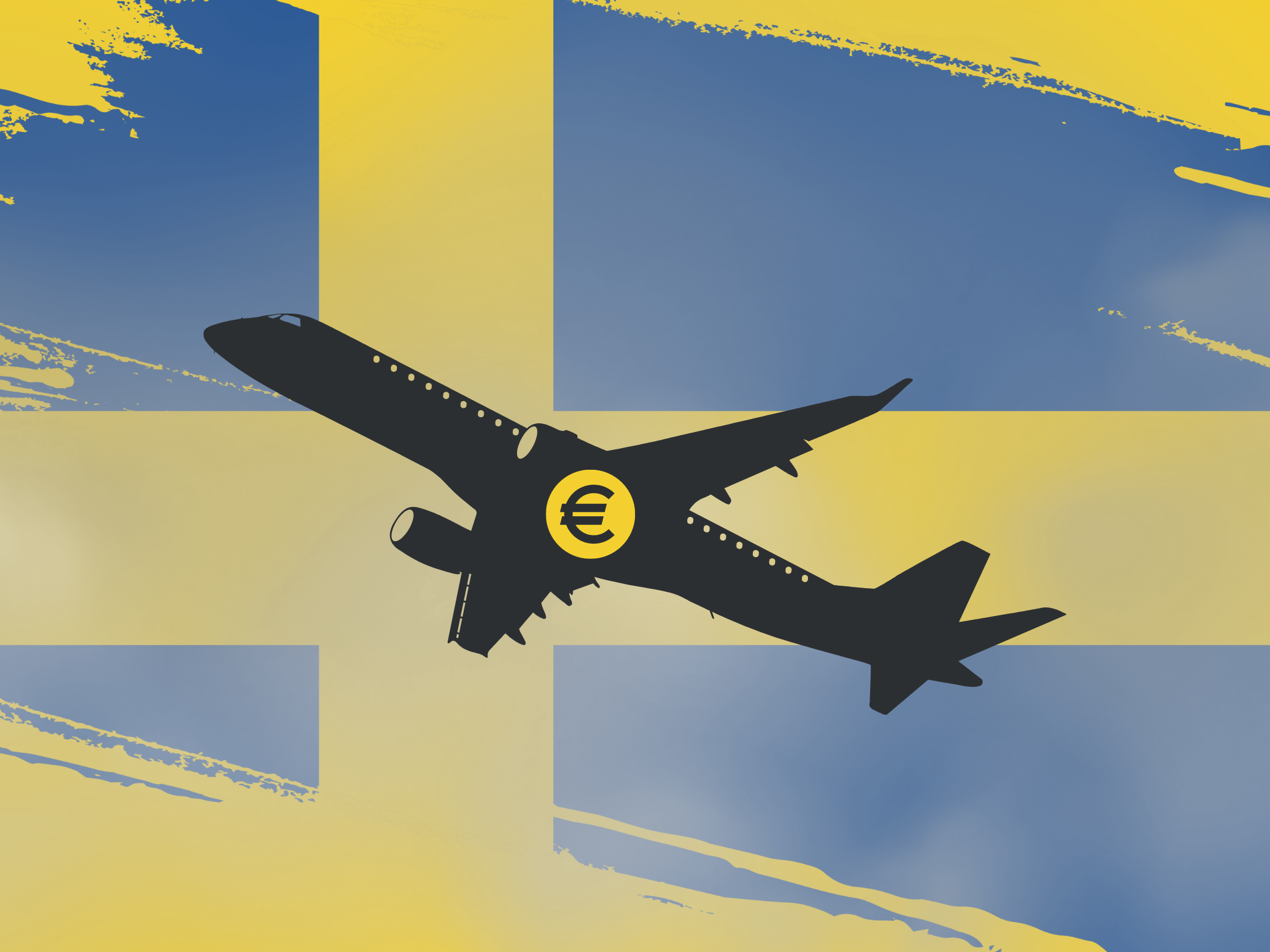Sweden, the Origin of ‘Flight Shame’, Scraps Aviation Tax – Despite Rise in Emissions
6 Mins Read
The Swedish government has announced that it is abolishing the flight tax it introduced in 2018 to combat aviation emissions, in a move welcomed by the industry and heavily criticised by climate activists.
Greta Thunberg has been let down by her government once again.
It has been six months since the 21-year-old climate activist blocked the Swedish parliament in protest against its proficiency in greenwashing. “Sweden in particular is very good at greenwashing and framing themselves as a climate leader, when we have very high emissions per capita if we include all our emissions,” she said at the time.
And the country’s centre-right administration has proved her right once again. Last week, in its budget announcement for next year, the government confirmed it would get rid of the flight tax, which was introduced in 2018 to curb pollution from the aviation sector.
To the policymakers’ credit, at least they acknowledged that the move would cause a rise in emissions. Forgive me for being facetious here, but scrapping a leading climate policy for measures that would increase the amount of greenhouse gases in the atmosphere, just as we emerge from the hottest summer ever known to humankind, is laughable at best.
But it has, of course, delighted executives in the aviation industry, who have welcomed the move with open arms. Ryanair, which has previously had ads banned for greenwashing, responded by adding two flights and 10 new routes involving Sweden, and it’s now contemplating restarting domestic flights too.
Climate activists, however, are rightly enraged, especially as the move comes from the country that invented flight shame, or ‘flygskam’, despite a net-zero target that’s hanging in the balance.
Aviation tax removal an example of ‘irresponsible climate policy’

Sweden first introduced the flight tax in 2018, under the then-ruling centre-left government. It’s applicable to all commercial passenger flights departing from a Swedish airport with 10 or more seats. The aim was to charge a levy on activities causing carbon emissions, and it currently ranges from 76 kronor ($7.50) for inter-Europe flights to 504 kronor ($49.70) for destinations outside the continent.
But the new administration, in power since 2022, has been mulling a change for a while. It had previously considered halving the tax, but has now decided to remove it altogether starting July 1, 2025.
“This will lead to lower prices for travellers and rising demand, boosting the competitiveness of airlines,” Linda Lindberg, an MP from the Sweden Democrats party (which has the highest number of seats in the coalition government, said in a press conference last week.
The move is set to reduce prices from Sweden by 80 kronor ($7.90) on flights within Europe, and 325 ($32) kronor on those outside. But it’s also set to raise emissions.
Researchers from Chalmers University and the KTH Royal Institute of Technology have said the decision “rests on very dubious foundations”, according to Euronews. They found that the flight tax has actually had a greater impact on reducing emissions than predicted, and have said lawmakers are gravely underestimating the rise in emissions that would result from just halving the tax. Scrapping it completely would make things even worse.
Along these lines, the Swedish Climate Policy Council produced a report in March suggesting that reduced fuel taxes could put the country’s climate ambitions at risk, lamenting a lack of concrete measures in its
“The government’s stated goal of ambitious and effective climate policy is not reflected in action. Policy adopted in 2023 will increase emissions and does not lead towards the fulfilment of Sweden’s climate goals and EU commitments by 2030,” the report stated.
Amanda Lind, a member of the Green Party and the former culture minister, called it “another example of this government’s irresponsible climate policy”. “They have made it more difficult for wind power, worsened the reduction obligation and now this, in a situation when we have to invest in climate change,” she said.
Sweden’s emissions are rising and climate targets are ‘obsolete’

The decision highlights Sweden’s confounded policies on climate change. The government has performed a flip-flop on its biofuel measures, for example. As part of the Paris Agreement, it is supposed to cut emissions from domestic transport by 70% by 2030 (from 2010 levels), and the main way to do so was to introduce more biofuels to replace fossil fuels.
The policymakers, however, decided to slash the required share of biofuel from 30.5% in diesel and 7.8% in petrol to just 6% earlier this year. But last month, it raised it back to 10%, with the move set to make Sweden miss its 2030 climate targets, as well as the EU’s. But biofuels – while better than fossil fuels – have problems of their own too.
“It feels like the government is trying to dismantle as many climate policies as possible and does everything in its power to stop climate action,” said Erika Bjureby, programme manager at Greenpeace Sweden.
Sweden’s emissions are on the up, with the first quarter of this year witnessing the highest emissions since 2020. The transport sector accounted for the largest year-over-year increase (154%) – and that’s excluding foreign airlines, which would inflate its carbon footprint even further.
“The government even states that a scrapped flight tax will increase flying, which undoubtedly will lead to increased emissions,” Bjureby pointed out. “On top of that, we have the current tax cut on fuels, while the public transport in Sweden is on its knees with several train connections being cancelled in the near future.”

Beatrice Rindevall, the chair of the Swedish Society for Nature Conservation, has said the country’s climate policies have gone from “insufficient to catastrophic”. And this has happened at a time when Sweden has as many people worried about the climate as those who don’t care much about it – polls show that 38% of its citizens have high levels of concerns about climate change, but 20% are unbothered or unengaged in the issue, and a further 15% don’t think the climate crisis is real.
Meanwhile, a one-man inquiry into how Sweden can comply with the EU’s Fit for 55 goal (which aims to cut emissions by 55% by 2030) found that its current target is “obsolete”. The EU strategy has mandated that by 2025, biofuels should make up at least 2% of all fuel at EU airports, which will rise to 6% in 2030, 20% in 2035, and 70% in 2025.
As a result, airlines have begun raising prices and passing them on to the consumer. They feel the climate policy is a burden for their bottom lines, and their actions are putting the strain on the public’s wallets. With Sweden’s policy, though, the real loser is the planet.



